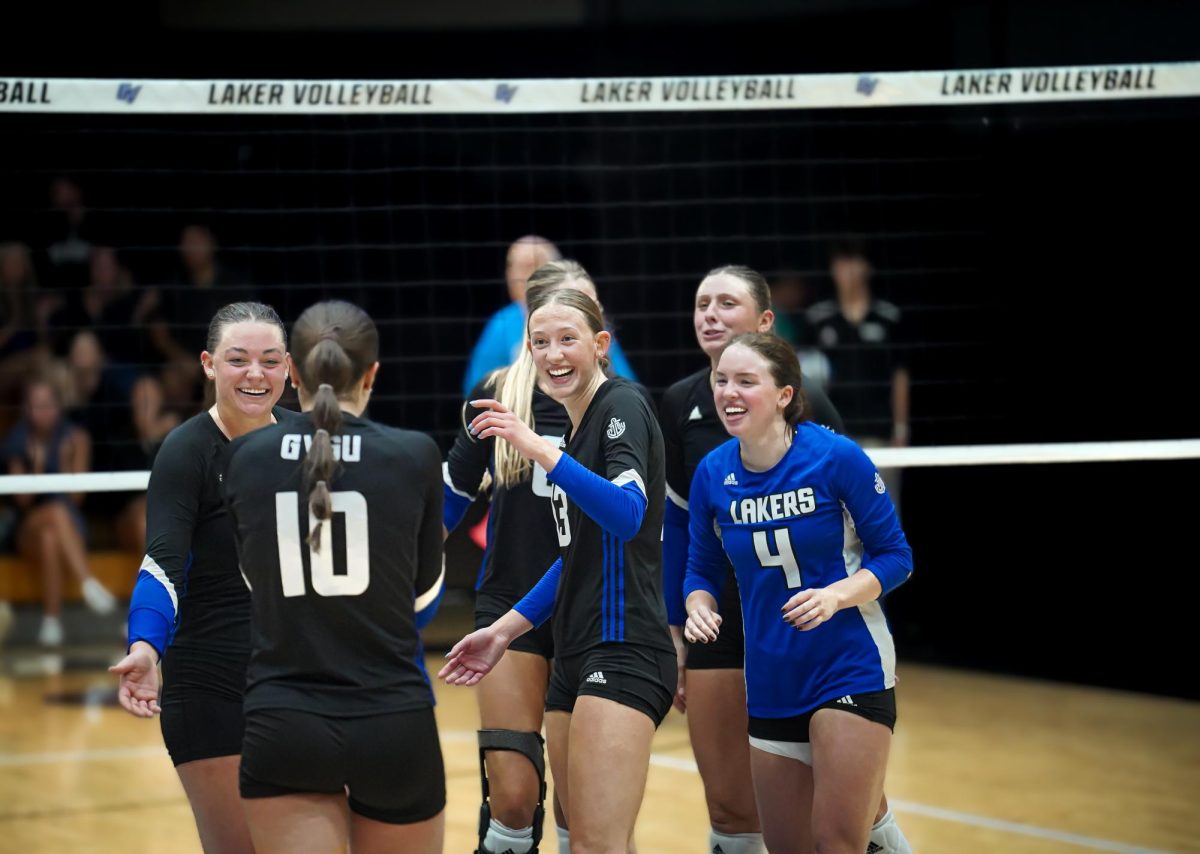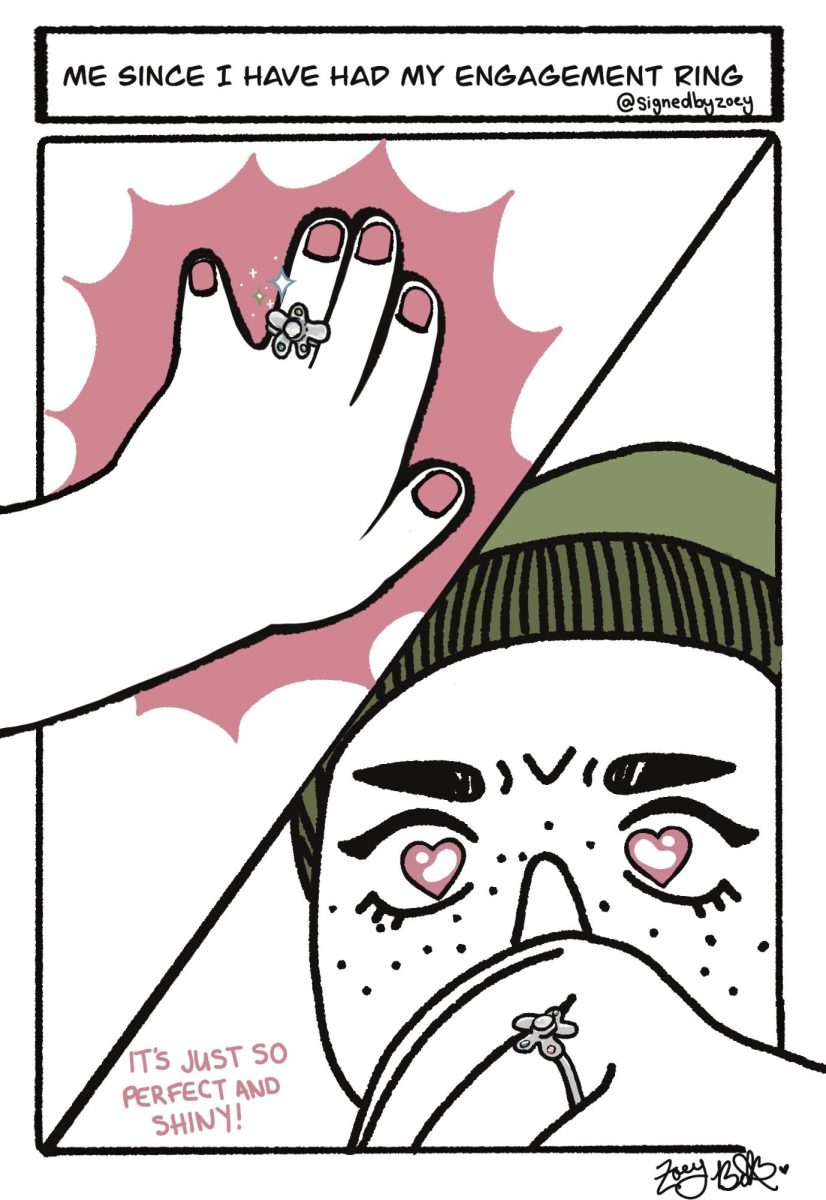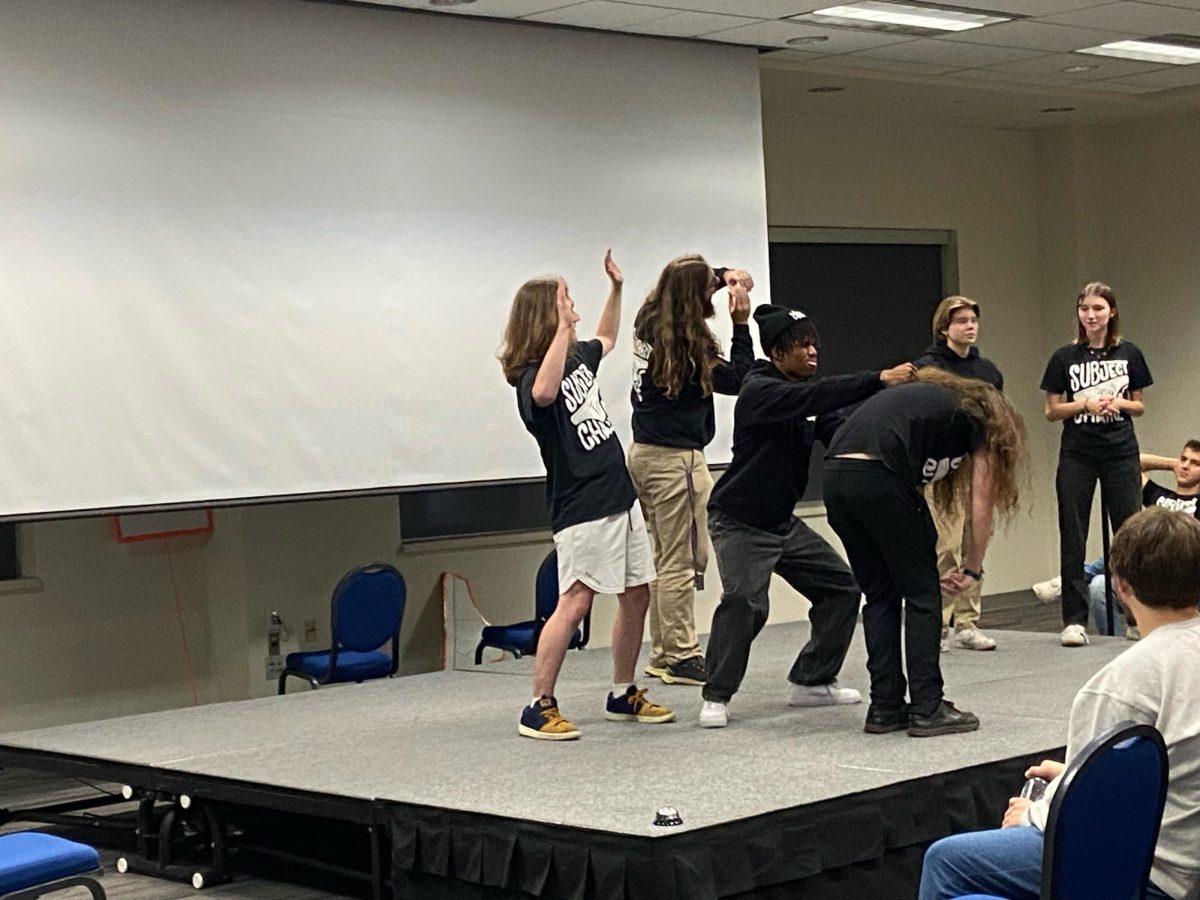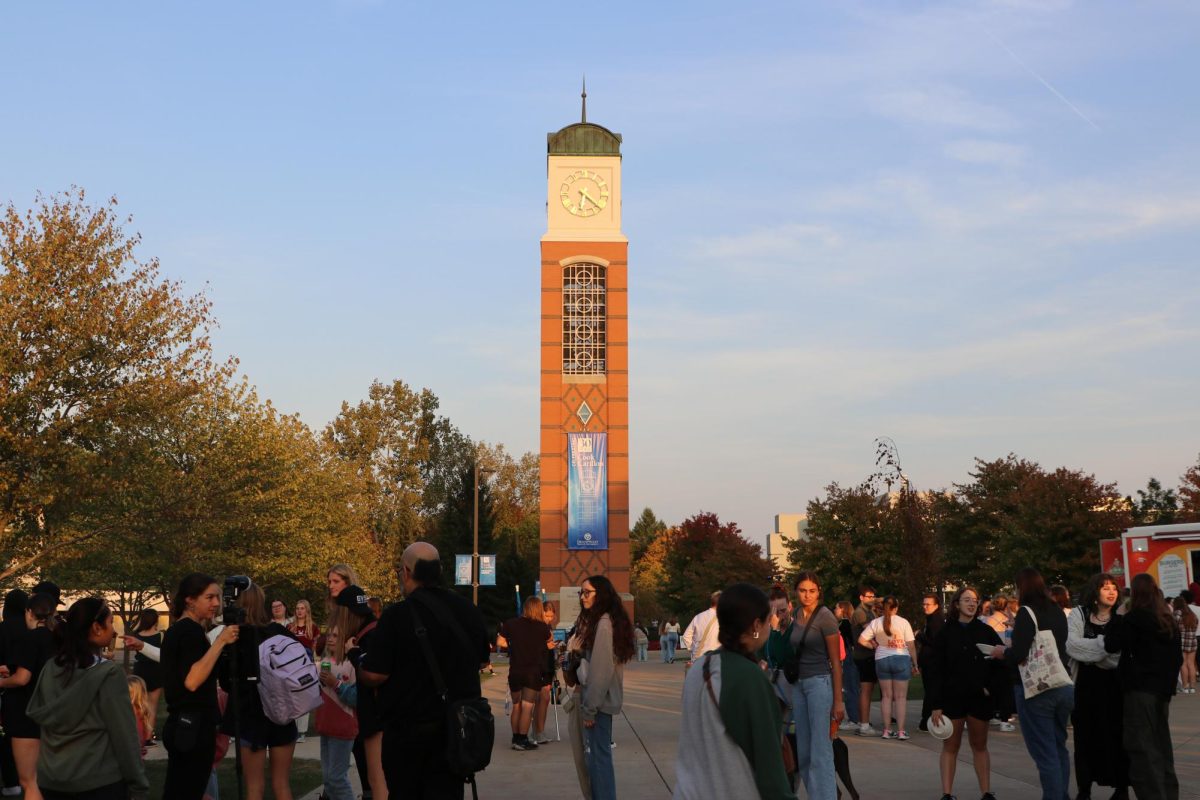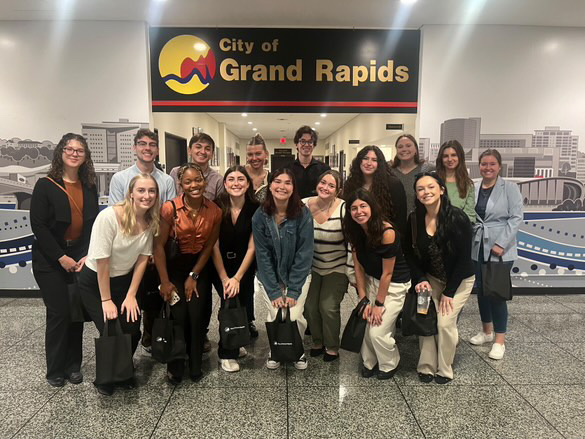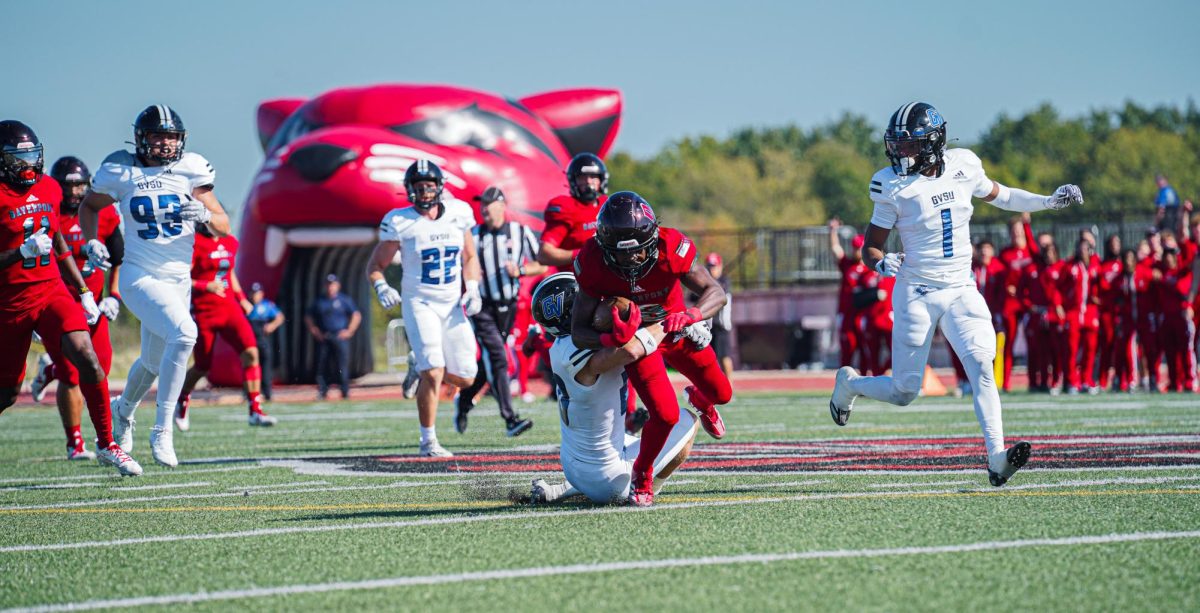Checking in with the presidential campaign
Feb 15, 2016
The New Hampshire Primary seemed to be a shock for many, although I’m not sure how. A week after the Iowa Caucus came the New Hampshire Primary on Feb. 9. Being the first primary to take place, New Hampshire has a lot of say in how the rest of the country will vote. In the Republican party, Donald Trump came out on top, and Bernie Sanders won by a landslide over Hillary Clinton in the Democratic party.
At least in my lifetime, there has not been an election with popular candidates who were so far off center. For some reason, the parties have included candidates who are more extreme than candidates that have been chosen in the past. Both of these candidates for much of their campaigns have been considered some of the most “unelectable” candidates. Conservatives and moderates mock Sanders as being too extreme to win in the general election. Liberals and moderates mock Trump for the same reason.
It had been forgotten that whoever we as the American public decide to elect is electable. If we decide we’re as far right as Trump, then he’s electable. If we decide we’re as far left as Sanders, that means he’s electable. Everyone has suddenly realized, or perhaps is suddenly willing to admit, that there’s a good chance we’ll have a Trump vs Sanders election come November.
The New Hampshire Primary was a harsh reminder to many: Someone is only unelectable if those who are voting let them be unelectable.
In statistics, there is something known as nonresponse bias. Nonresponse bias is exactly what it sounds like—the bias of people not responding. When this happens in surveys, we end up with most of the results at polar opposites. Only really passionate people respond, and really passionate people tend to have extreme opinions.
I have a hunch that this is part of what we’re seeing in this election. There are two options for why the New Hampshire Primary resulted the way that it did: only people with extreme opinions are voting and responding to polls, or our society is truly losing its center in its political views.
The reality probably lies somewhere in between. However, even if the group of moderates is shrinking to the point where seemingly extreme candidates are winning, moderates still exist.
If those who vote in the primaries are only the passionate citizens with extreme views, we are going to end up with primaries that reflect New Hampshire — Trump and Sanders. This works out just fine for those who voted for them in the first place, but what about the moderates? Who do they vote for?
They have a few options: 1) they just don’t vote, 2) they vote for one of the candidates, even if they view them as extreme or 3) they vote for a candidate who is neither Democrat nor Republican.
This third option would be virtually unheard of. For the majority of our country’s existence, we have had a two-party system. But when faced with no good option for centrists, what are they to do? I have no doubt that this election will be a wild ride, and if the general election comes down to Trump and Sanders, it will be just as fun as the primaries.




